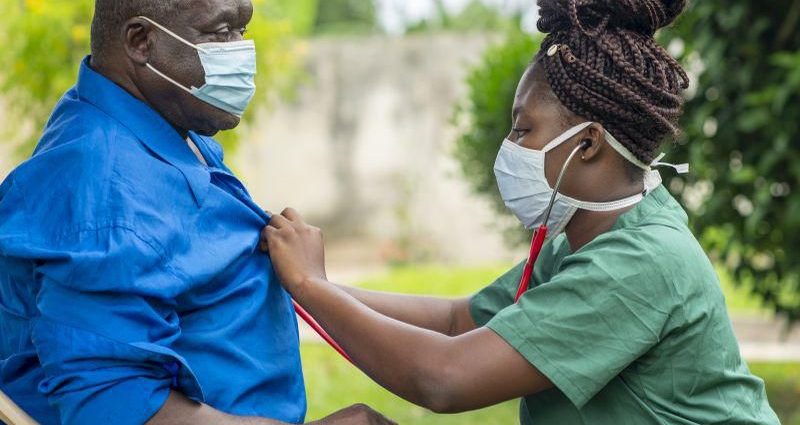TUESDAY, April 5, 2022 (HealthDay News) – Fresh government data shows that COVID deaths among nursing home residents data have fallen to the lowest levels seen since the pandemic began.
Some 67 residents died nationwide of COVID during the week ending March 27, according to the latest statistics from the U.S. Centers for Disease Control and Prevention. But that doesn’t mean that nursing home staff and residents can relax just yet, experts warned.
There is growing concern about the highly contagious BA.2 subvariant of Omicron. Nursing home residents continue to be more vulnerable both because of their age and underlying medical conditions, even if they have received vaccines and an initial booster shot.
Getting the second booster shot that was approved by the U.S. Food and Drug Administration last week to nursing home residents “is a real policy priority,” David Grabowski, a health policy researcher at Harvard Medical School who studies nursing homes, told The New York Times. “We know this is protective.”
Despite that, nursing homes were slow to roll out the first booster shot. Even now, only 76% of nursing home residents have first boosters, federal data shows. The data is worse for nursing home staff: About 86% are vaccinated, but only 43% have received boosters. Some states have fewer than one third of nursing home employees who have received booster shots, the Times reported.
“We have a lot of nursing homes around the country that lag behind,” said Grabowski, adding that he was particularly worried about residents in facilities that serve predominantly people on Medicaid and minorities. “I think there are going to be real issues of equity here,” he added.
The gap may widen further as Americans appear more skeptical about getting additional shots, experts said.
“I worry there has been a lot of mixed messages from the federal government,” Brendan Williams, chief executive of the New Hampshire Health Care Association, a state nursing home trade group, told the Times.
“Right now, there doesn’t appear to be a crisis,” Williams said. “There’s not that attention being paid, but things can always change. It’s concerning.”
Grabowski said there does not seem to be significant urgency in providing these extra doses, even though many nursing homes say they will.
In Connecticut, which issued an executive order in January mandating the first booster shots for workers in nursing homes, state health officials were reported to have indicated a similar directive for second boosters was not going to be issued.
More information
The U.S. Centers for Disease Control and Prevention has more on COVID-19.
SOURCE: The New York Times
Copyright © 2026 HealthDay. All rights reserved.

